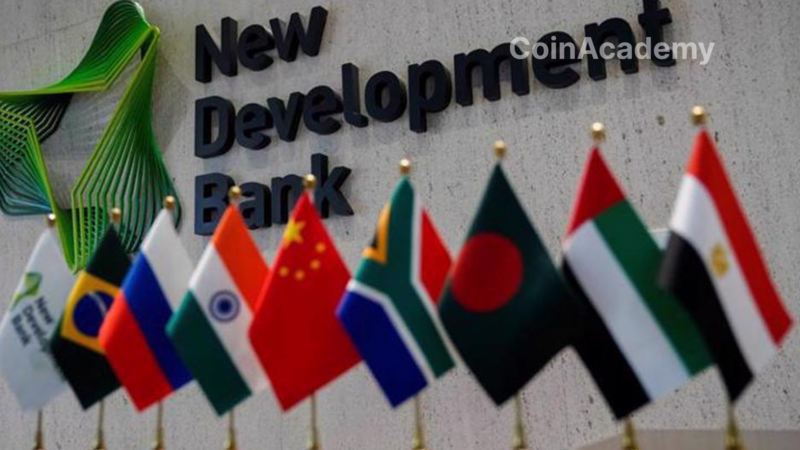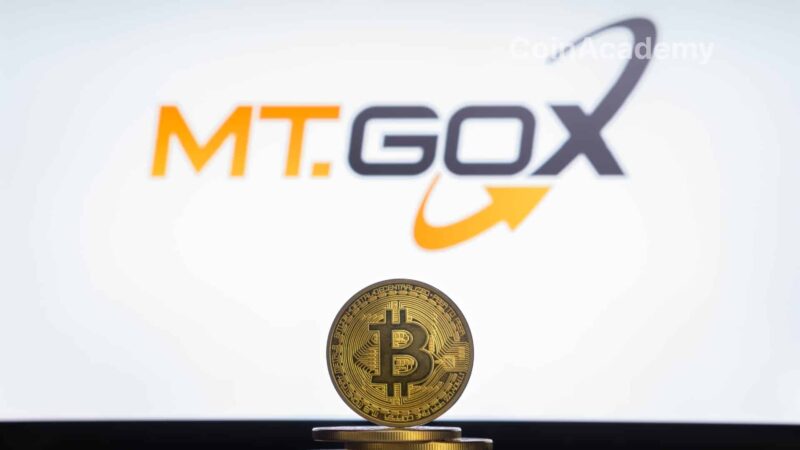While Russia thought it was circumventing sanctions thanks in part to cryptocurrencies, Ukraine is unveiling a new strategy: denouncing Russian politicians’ wallets for a reward.
The conflict between Russia and Ukraine has highlighted the role of cryptocurrencies in times of crisis. This week, Ursula von der leyen, President of the European Commission, had acted on the exclusion of Russia from the Swift network in agreement with the other heads of state of all member states. The Russians’ response was, quite naturally, to turn to cryptos.
Donations in cryptocurrencies are on the rise. In the last few days, we know that a total of more than $10 million has been donated to the Ukrainian state: $4 million in bitcoins for the Bitcoin network (BTC), $6.4 million in ethers and altcoins for the Ethereum network (ETH) and finally, $1 million in USDT. And more donations are expected to come in.
However, what would happen if support were to arrive but this time on the Russian side?
To avoid this, the Ukrainian authorities are taking the lead.
The circumvention of sanctions, made possible by the use of cryptos, seems to be short-lived.
Indeed, the Ukrainian authorities have just launched a call for denunciation on social networks. They ask anyone who has information on the portfolios of Russian and Belarusian politicians to send it.
The Ukrainian Prime Minister, Mykhailo Federov, posted a tweet about this, promising a “generous reward” for sharing information via the Telegram network.
The initiative is managed by a Ukrainian lawyer named Artem Afian. Also present on social networks, he said that the rewards will be “funded by private donations”.
Still according to the lawyer in charge of the initiative, and we imagine that it is true, information on the names and addresses of portfolios of Russian and Belarusian politicians have already reached the Ukrainian authorities.
Collecting information on wallets, yes, but for what purpose?
Ukraine and its partners are doing everything possible to sanction Russia. Once collected, the information is transmitted to the various exchanges as well as to the company Chainalysis.
The idea is to block and restrict the access of Russian users to cryptos.
Some platforms have already done so (for example, the exchange platform named Kuna, which is a Ukrainian platform, has announced that it has already put in place restrictions) and prevent, for example, any new registration or deposit.
If the call is primarily aimed at politicians, citizens are not spared from restrictions either, as the Ukrainian Deputy Prime Minister supported the freezing of accounts of users of Russian or Belarusian nationality by the DMarket platform.
From this, it can be deduced that further limitations on various platforms are to be expected, whether they are politicians or ordinary citizens of Russian or Belarusian nationality.
One thing is for sure, crypto-currencies are not finished making the headlines in this war between Russia and Ukraine. We will remain very attentive to keep you informed of these developments.




